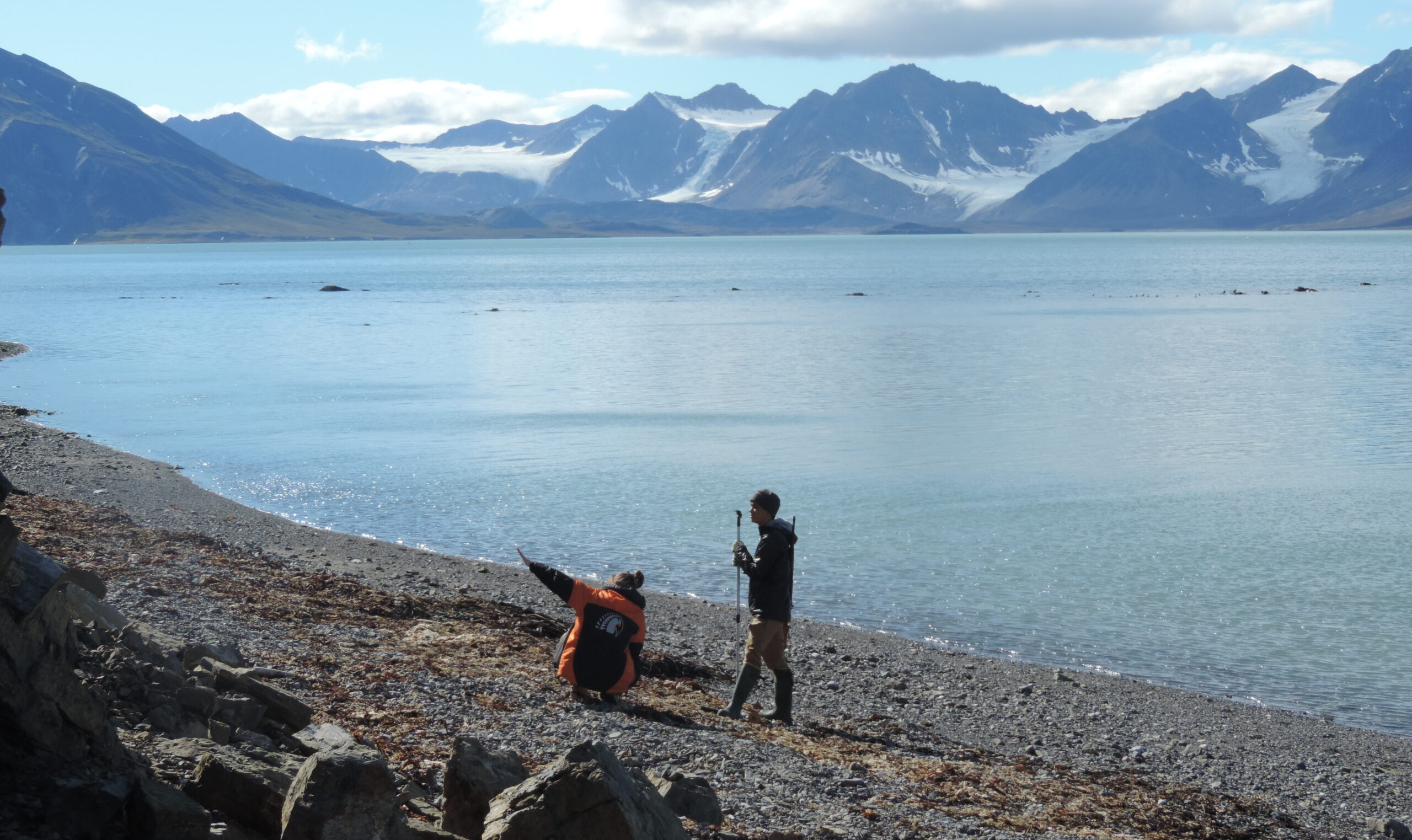University of Waikato researchers say they have rewritten the deep time history of Earth’s temperature record.
The findings, published in Science, disprove ideas that early oceans were hot with temperatures greater than 60°C prior to approximately half a billion years ago, before the rise of animals and land plants. The new data indicates relatively stable and temperate early-ocean and temperatures of around 10°C.
A press release from the University of Waikato is available here.
The SMC asked experts to comment on the research.
Dr Giuseppe Cortese, Principal Scientist – Paleoclimate, GNS Science
“This paper provides a robust, multi-billion-year history of Earth’s temperature, offering fascinating insights into the temperature regime prevalent on Earth from its infancy to today. The authors describe how this history is shaped by a variety of processes, including the interplay between the evolution of life forms (including plants), sites of formation and alteration of sediments, and a series of feedback loops that either amplify or dampen changes.
“The study suggests that, during the time interval older than ca. 500 million years, temperatures on Earth ranged between 2 and 46°C. These conditions are described by the authors as ‘mild’, but that’s just by comparison to previous research that postulated temperatures were, back then, as high as 80°C. The authors propose that changes in clay formation processes, along with other factors, provided a ‘mitigating’ effect that was hitherto not fully appreciated.
“The relevance of these findings to the modern climate system is however limited, and I would caution against it being interpreted as a viable way for the Earth to ‘heal itself’, and thus discharge us from any responsibility to mitigate the human-induced warming of the planet that is already underway. A large variety of feedback loops, both amplifiers and dampers of temperature change, are also known to exist in the present, and presumably near-future, world. Yet, Earth’s temperature is rising due to anthropogenic greenhouse gas emissions: relatively minuscule (by comparison to the changes encompassed in this study) changes of the order of 1.5-2°C compared to pre-industrial values have very large consequences for our society, as well as for other organisms. The concerns around exceeding these thresholds are exemplified by the Paris Agreement.
“It would be therefore dangerous to rely on ‘natural feedback loops’ to mitigate climate change, as that would potentially lead to disastrous results for future generations.”
No conflict of interest.
Dr Chris Hollis, Adjunct Professor, School of Geography, Environment and Earth Sciences, Te Herenga Waka Victoria University of Wellington, comments:
“This is a fascinating new study of ancient climate that compiles an impressive record of geochemical data for 3.5 billion years of Earth history. In a sense, the results are reassuring in that they show that the Earth system has managed to self-regulate temperature and greenhouse gas levels over this immense time period.
“From a personal perspective as a paleontologist who has specialised in the study of silica-shelled plankton, it is affirming to know that these tiny organisms appear to have played a lead role in cooling the planet at least two times in the past 500 million years. However, these are long-term processes that play out over millions of years and may be of less help for dealing with the modern climate crisis. Nevertheless, it will be interesting to see how this research progresses and in particular see how these regulating processes operate over the shorter times scales of the climate events of the Cenozoic, i.e. the last 66 million years, especially the Eocene greenhouse – the last time the planet’s atmosphere pushed past 500 ppm CO2.”
No conflict of interest.
